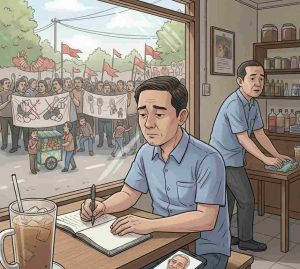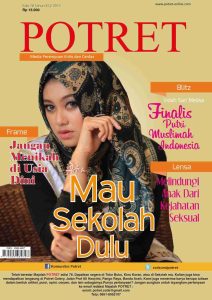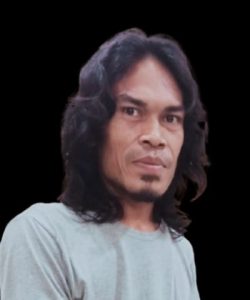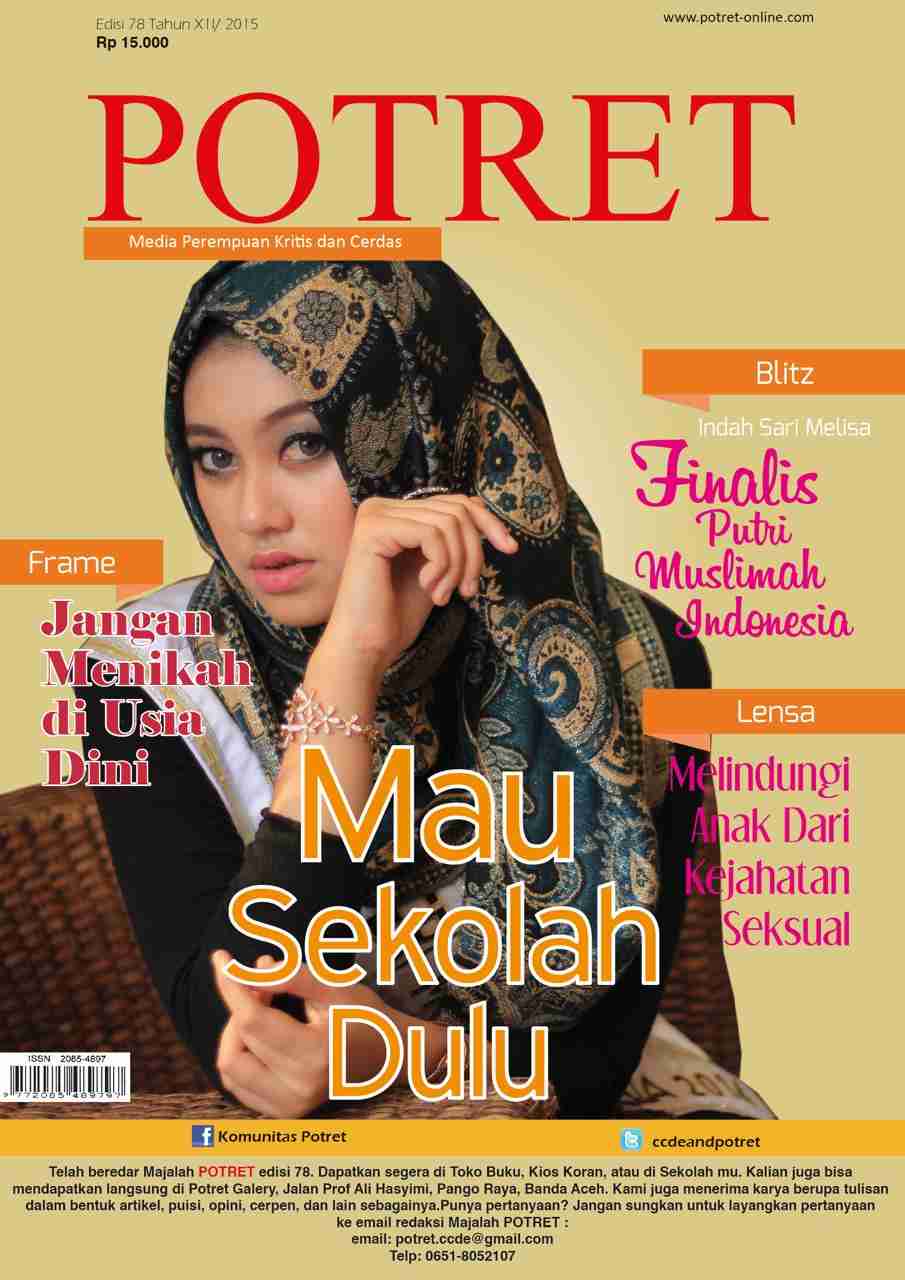Dengarkan Artikel
Written by : Dr. Al Chaidar Abdurrahman Puteh, M.Si
Nomocracy is a system of governance based on the supremacy of law. The law serves as the foundation of authority, guiding political, social, and economic structures rather than being subject to the arbitrary decisions of rulers. In a nomocratic society, legal principles dictate governance, ensuring justice, impartial enforcement, and institutional checks on power.
The system aims to prevent authoritarian rule while maintaining order and protecting individual rights. Nomocracy refers to a system of governance based on the rule of law. The term originates from the Greek words nomos (law) and kratos (rule or power). In a nomocratic system, laws are considered the supreme authority, guiding political, social, and economic structures rather than the arbitrary decisions of rulers or elites.
Plato’s Nomoi (The Laws) is often considered one of his last and most comprehensive works on political philosophy, where he presents a detailed framework for governance. In this dialogue, he explores the idea that laws should be the supreme guiding force in a society, rather than the arbitrary rule of individuals.
This concept aligns with the principles of nomocracy, where a society is governed strictly by laws rather than by personal authority. Plato argues that for a state to function harmoniously and justly, legal principles must be the highest authority, ensuring order and preventing tyranny. Unlike his earlier work Republic, which idealizes a philosopher-king, Nomoi takes a more pragmatic approach, emphasizing the necessity of law as an immutable structure that governs both rulers and citizens alike.
Plato’s vision in Nomoi influenced later philosophical and legal traditions, contributing to the broader development of legalism in governance. It resonates with modern constitutional democracies, where legal frameworks provide the foundation for political order and stability.
Nomocracy and democracy are two distinct systems of governance with different fundamental principles.
Nomocracy is a system based on the supremacy of law. In a nomocratic state, the law is the highest authority, governing all aspects of society and government. Leaders and citizens alike must adhere strictly to legal frameworks, ensuring stability, fairness, and impartiality. Decisions are made according to established legal principles rather than personal or group interests.
Democracy, on the other hand, is centered on the power of the people. In a democratic system, political decisions are made based on the will of the majority, either through elections or representative institutions. Democracy emphasizes individual freedoms and the right of the people to choose their leaders and influence policies. While laws still play an important role, the primary source of authority comes from the people’s participation in governance.
The key difference lies in the source of ultimate authority. Nomocracy prioritizes the rule of law, ensuring governance follows strict legal principles. Democracy places the people’s will at the forefront, allowing them to shape leadership and policies. Many modern states blend both principles in democratic nomocracy, where governance remains subject to the rule of law while incorporating popular participation to maintain legitimacy and balance.
📚 Artikel Terkait
Nomocracy does not rely on political parties, but instead utilizes a multistage representative election system. In this system, governance is structured around layers of representation rather than direct electoral competition between parties.
Instead of citizens voting for political parties or individual candidates in direct elections, they elect representatives at various levels. These representatives then choose higher-ranking officials in a staged manner, ensuring that leadership is selected based on qualifications, legal expertise, and adherence to the principles of rule of law rather than party loyalty or populist appeal.
This method aims to create a more meritocratic and stable governance system where decisions are based on legal principles rather than political interests. It also minimizes the influence of partisan agendas, reducing polarization and promoting administrative efficiency. However, challenges remain, such as ensuring inclusivity and preventing bureaucratic elitism.
A multistage representative election system is a method of selecting leaders through multiple levels of indirect voting rather than direct elections by the general public. In this system, ordinary citizens do not directly elect the highest officials; instead, they choose representatives at lower levels, who then elect officials at the next stage, forming a hierarchical process.
How It Works
1. Local Elections – Citizens vote for representatives in their communities or districts.
2. Regional Elections – These elected representatives then vote to select higher-level officials at the regional or national level.
3. Final Selection – The process continues in multiple stages until top leadership positions are filled, often by candidates deemed most qualified or aligned with the rule of law.
This system is designed to prioritize meritocracy, reduce the influence of populism, and ensure that governance remains focused on legal principles rather than party politics. It aims to create stability and efficiency by filtering candidates through layers of expert decision-making rather than mass public sentiment. However, it also raises concerns about inclusivity and democratic participation, as ordinary citizens have less direct influence over high-ranking officials compared to traditional democratic elections.
One historical example of a multistage representative election system is the structure of governance in Imperial China, particularly during the Song and Ming Dynasties. The imperial examination system played a crucial role in selecting bureaucrats through multiple stages rather than direct elections.
Example: The Chinese Imperial Examination System
1. Local Examinations – Aspiring officials took rigorous exams at the county level, testing their knowledge of Confucian classics, governance, and administrative skills.
2. Provincial Examinations – Those who passed the local exams advanced to provincial-level testing, narrowing the pool of candidates.
3. National Examinations – The most successful scholars were invited to the capital for imperial-level exams, where only the most elite candidates were selected for government service.
4. Appointment to Government – Based on exam results, individuals were appointed to civil service positions, effectively governing different regions of the empire.
This system ensured that leadership was based on merit rather than political affiliation or popular vote. It functioned as an early model of nomocratic governance, where law and scholarly expertise were prioritized over populism. While not an exact parallel to modern multistage representative elections, it demonstrated how hierarchical selection processes could shape governance in a structured, law-driven manner.***
🔥 5 Artikel Terbanyak Dibaca Minggu Ini
















